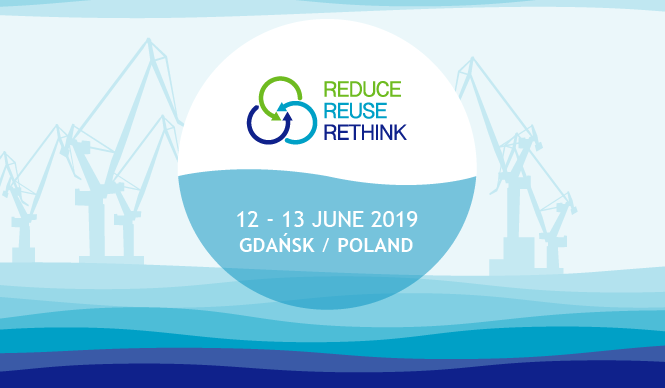Mussels, health, and Baltic tourism. What do they have in common?
Initiatives like the Baltic Sea Region combine the unusual and predictable in developing people’s sense of shared responsibility for the development of their home regions, writes Jerzy Kwieciński.
Jerzy Kwieciński is the Minister of Investment and Economic Development of Poland
I bet dollars to donuts that the average European will ignore the information on the EU Strategy for the Baltic Sea Region. Maybe they will even think, „Ok, but what’s in it for me?” and in the end, yawn secretly. The European Union and the individual countries have developed so many strategies that their citizens are confused as to their content. We have to beat our breasts for insufficient communication because the vast majority of these documents actually change lives of millions of European residents.
Let us ask the same European about the link between mussels farms in the Baltic Sea, use of plants for treating sewage, development of orthopaedics in the Baltic Sea Region countries, the search for chemical weapons at the bottom of the sea, and joint tourist projects. There is a significant chance that they will become interested and learn that all that is possible because of the EU strategy.
The Baltic Sea Region Strategy, with Poland as a participant in it, involves universities, research institutes and hospitals starting mutual cooperation. The strategy joins countries for whom development of the R&D, innovation, energy and environmental management sector, and, what may be even more important, care for the Baltic Sea, are major issues.
Innovative sea transport, better spatial management of water, care for the dwindling resources and biodiversity are just a few of the objectives of projects carried out in the Baltic Sea Region. Joint projects are implemented by businesses and local governments. Such multilevel involvement and cooperation is an excellent opportunity to translate research results into totally new applications and services.
What do we need macro-regional strategies for?
The strategy for countries located around the Baltic Sea is just one of the four macro-regional strategies in the European Union. The remaining ones are the EU Strategy for the Danube Region, the EU Strategy for the Adriatic and Ionian Region, and the EU Strategy for the Alpine Region. The macro-regional strategies mean shared needs, problems and challenges in spite of different languages and nationalities. They mean cooperation and integration in spite of the borders.
Many areas share strengths and similar challenges, but are divided by a border. Macro-regional strategies allow countries to jointly solve problems and develop the potential of the regions despite the administrative barriers. They contribute to stimulating new projects and initiatives and the development of the people’s sense of shared responsibility for the development of their home regions. Nowadays, in the era of globalisation, but simultaneously the time when people move apart from each other, the value of those projects cannot be overstated. It is even more so due to the fact that they play an important role in regard to strengthening ties with countries outside the EU.
The benefits of the cooperation are obvious. The regions that can develop and implement projects in partnership with other regions do not only actively participate in building EU cohesion, but also acquire and develop their capacities by carrying out joint initiatives or sharing practices. Furthermore, border and cross-border regions can act as bridges which provide an opportunity for economic development on the neighbouring areas.
The Carpathians should have own strategy
The initiatives that Poland promotes on the international stage involve the Macro-regional Strategy for the Carpathian Region. It involves e.g. Via Carpathia, the transport initiative that is crucial for the economic development of Central and Eastern and Southern Europe, which, after connecting to the Via Baltica corridor, would facilitate transport from the north to the south of Europe. Improved transport infrastructure will increase the external and internal accessibility of the Carpathians and enable the development of the region’s potential resulting from the rich natural resources, human capital, and the cultural heritage that is unique on the European scale. I believe that closer economic and academic cooperation based on these opportunities will result in measurable economic benefit and contribute to the improvement in the living standard of the residents of those regions. This is why I am so happy about the fact that the Declaration of Intent initiating the European Commission’s work on the Strategy was signed in Krynica in September.
I believe that cooperation between regions contributes to the cohesion and the effectiveness of the entire European Union. Let us appreciate their unique characteristics, award original ideas, and create dedicated tools to make joint action even more efficient.





